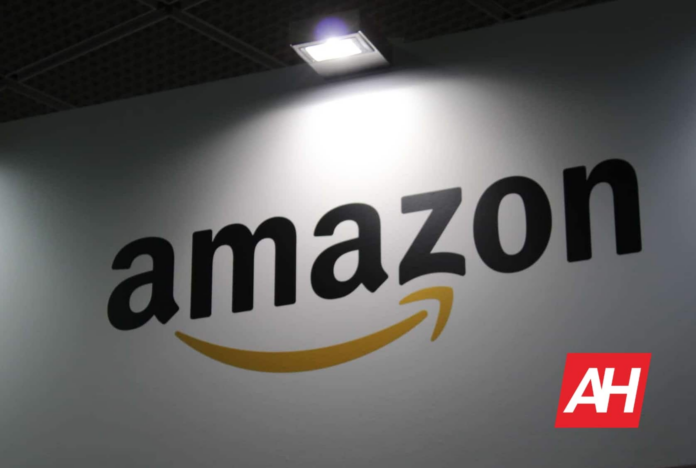Amazon Prime Day has evolved into one of the largest shopping events of the year. On every occasion, it promises to offer its millions of members exclusive access to massive discounts. Yet, a proposed class-action lawsuit recently filed in a federal court in Washington state suggests that those Amazon Prime Day highly touted deals with incredible prices might actually be fake or misleading,
Two consumers, Cathy Armstrong of California and Oluwa Fosudo of Maryland, filed the suit in September. They allege that Amazon actively misled shoppers during the four-day sale event, claiming the retailer promoted deals based on “fictional” list prices. In essence, the lawsuit argues Amazon inflated the original, crossed-out price to make the final percentage discount appear much larger and more appealing to customers shopping under the pressure of the limited Prime Day window.
The math behind the “Amazon Prime Day fake deals” lawsuit
The complaint details specific examples of these allegedly misleading tactics. One case involves a pair of headphones advertised as 44% off a list price of $179.95. However, the plaintiffs claim the item’s actual, recent list price had consistently ranged between $130 and $160. By basing the discount calculation on the higher, fictional price, Amazon made the deal seem significantly better than the actual price reduction.
A similar situation involved an 8-inch Android kids’ tablet. Amazon listed the tablet as 40% off the $119.99 list price, resulting in a sale price of $72.18. The lawsuit points out that in the 90 days leading up to the sale, Amazon had frequently sold the tablet for prices between $50 and $85, with a median price around $72. This evidence suggests the supposedly limited-time Prime Day “deal” was roughly the item’s standard selling price. And, in one instance (a $50 price point in April), the sale price was actually higher.
Part of a larger scrutiny
The lawsuit claims that if Amazon had been truthful about the discounts, shoppers like the plaintiffs would have compared prices elsewhere or waited for a legitimate sale. Amazon declined to comment on the pending litigation. Meanwhile, the company has recently faced intense scrutiny regarding its business practices.
In September, Amazon agreed to pay a record-setting $2.5 billion settlement to resolve federal claims that it tricked customers into signing up for its lucrative Prime membership program and deliberately complicated the cancellation process. Internally, Amazon reportedly called the complicated cancellation process “Iliad.”
The class-action lawsuit over Prime Day deals now adds another layer to the mounting legal pressure on Amazon. It could raise questions about whether the retail giant prioritizes maximizing sales over transparent pricing practices.
